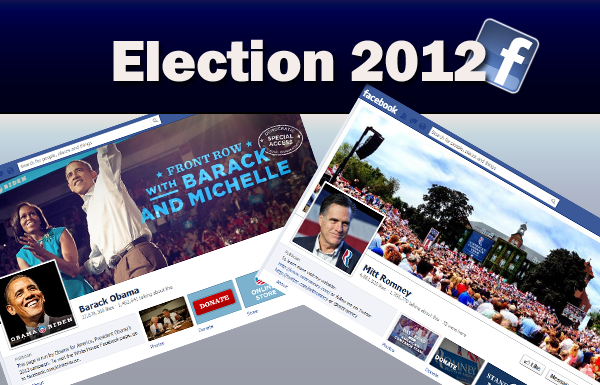This was truly the election of social media, with both candidates using Facebook, Twitter and YouTube to create cohesive offenses and strong defensive bulwarks. Memes played an important role in this election, as did micro-targeted ads and new apps that served to break the election Obama’s way. The Huffington Post highlights some of the ways that Facebook changed the way we perceived politics.
1. Voting is now a social activity. This was the first election that allowed Facebook users to see where their friends were voting and when, thanks to several apps that delivered notifications on when friends checked in/out of a poll.
2. You’ll never be lost (physically). Facebook created apps leading up to the election to make sure you got to your polling station on time.
3. You could get very lost in other ways. Hundreds of false polls, incorrect memes and bogus stories were shared with millions of voters, changing the minds of hundreds of thousands of people before inaccurate data was discovered to be fake.
4. Getting info about the polls before you got there. From long lines to sample ballots, Facebook users shared millions of updates with details about voting process took on Nov. 6th.
5. Entire Communities became caustic. You know that one friend who thought he was a pundit this electioncycle? Turns out everyone had one. The Pew Internet & American Life Project reports that 66% of people conducted either civil or political activity through social networking sites, and it’s projected that many connections were broken thanks to political hostility among Facebook friends in the months leading up to Election 2012.
6. You’ll never forget that its election day again. In case the hundreds of shared “get out and vote” memes failed to reach you, the site will remind you automatically.
It’s also worth noting that younger people (ages 18-29) tend to share their political views online more frequently, with a steady decline in each age bracket thereafter.



